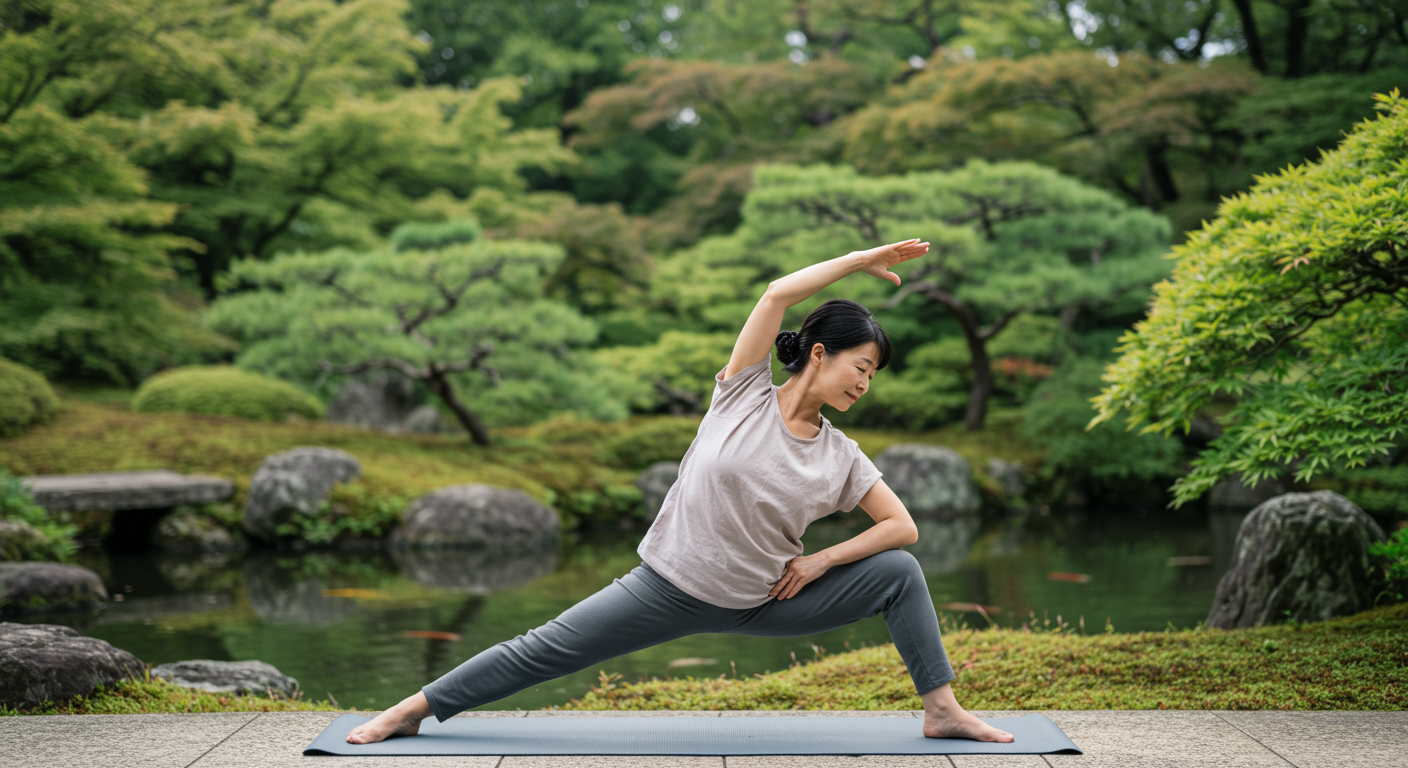Dr. Kumar’s Take:
This new study is a big step forward in understanding how vitamin K2 might help protect bones in older women. Researchers looked at over 6,000 postmenopausal women and found that vitamin K2 supplements—especially when used with vitamin D or calcium—helped keep bones strong and may lower the risk of fractures. The effect was especially clear in the spine and in lab markers that show better bone health. No major side effects were reported, making this a safe option to consider.
Key Takeaways:
✔ Vitamin K2 improved spinal bone density in postmenopausal women.
✔ The combination of K2 with vitamin D, calcium, or medication worked better than K2 alone.
✔ Vitamin K2 lowered inactivated forms of osteocalcin, a marker of weak bones.
✔ No increase in side effects compared to placebo.
Actionable Tip:
If you’re postmenopausal and worried about osteoporosis, ask your doctor whether adding a vitamin K2 - MK-7 supplement, especially alongside vitamin D and calcium.
Brief Summary:
This meta-analysis reviewed 16 high-quality randomized controlled trials including 6,425 postmenopausal women. The studies examined whether vitamin K2 (either alone or with other treatments) could prevent bone loss and fractures. Vitamin K2 helped maintain bone mineral density in the lumbar spine and improved blood markers of bone health. It may also reduce fracture risk when combined with other therapies like vitamin D. The supplement appeared safe across all studies reviewed.
Study Design:
- Type: Meta-analysis of 16 randomized controlled trials (RCTs)
- Population: 6,425 postmenopausal women
- Interventions: Vitamin K2 alone or combined with vitamin D, calcium, or other osteoporosis drugs
- Outcomes measured:
- Bone mineral density (BMD) in spine, hip, femoral neck, and forearm
- Fracture incidence
- Blood levels of undercarboxylated osteocalcin (uc-OC)
- Side effects
Results:
- Spinal BMD: Improved with vitamin K2 (especially when used with other treatments)
- Fractures: Reduced only after excluding one large, outlier study
- Forearm BMD: Improved with K2 alone
- Hip & femoral neck BMD: No significant changes
- Blood markers:
- uc-OC significantly decreased (good)
- Ratio of uc-OC to carboxylated osteocalcin improved
- No major change in carboxylated osteocalcin levels
- Safety: No difference in side effects vs placebo
How Vitamin K2 Supports Bone Health
Vitamin K2 helps turn a protein called osteocalcin into its active form. Active osteocalcin can then help bind calcium to bone, making bones stronger. When people don’t get enough vitamin K2, more of this protein stays inactive (undercarboxylated), which is linked to weaker bones and more fractures. This study showed that K2 reduces the inactive form, helping the body use calcium properly.
Related Studies and Research
Comprehensive meta-analysis of randomized trials on MK-7 supplementation and osteoporosis prevention in postmenopausal women. – Summarizes pooled data on K2’s ability to maintain bone mineral density and reduce fracture risk.
Investigates combined vitamin D3 and K2 supplementation effects on bone mineral density over 18 months. – Assesses synergistic impact of D3 and K2 on skeletal health.
Population-based study linking habitual natto consumption to higher bone density in elderly Japanese women. – Observational evidence of fermented soy intake and bone outcomes.
Three-year RCT evaluating low-dose MK-7’s impact on bone loss in healthy postmenopausal women. – Clinical trial data on K2’s efficacy in slowing bone loss.
Analysis of warfarin therapy’s relationship with increased osteoporotic fracture risk in elderly atrial fibrillation patients. – Examines anticoagulant-related bone vulnerability.
Frequently Asked Questions
Is vitamin K2 the same as vitamin K1?
No. Vitamin K1 comes from leafy greens and helps with blood clotting. Vitamin K2 is found in fermented foods like natto and works more directly in your bones and arteries.
What type of vitamin K2 is best?
MK-7 and MK-4 are the most studied forms. MK-7 stays in your system longer, which might be better for daily use.
Can I get enough vitamin K2 from food?
It’s hard to get enough from diet alone unless you regularly eat natto or certain fermented cheeses. That’s why supplements are often recommended.
Is it safe to take with other vitamins?
Yes, this study shows it’s safe to combine K2 with calcium and vitamin D—just talk to your healthcare provider first.
Conclusion
Vitamin K2 shows real promise in helping prevent bone loss in postmenopausal women, especially when used with vitamin D or calcium. It works by improving how the body handles osteocalcin, a key protein in bone building. The risk of side effects appears low. More long-term studies are needed, but K2 may be a helpful tool in the fight against osteoporosis.


